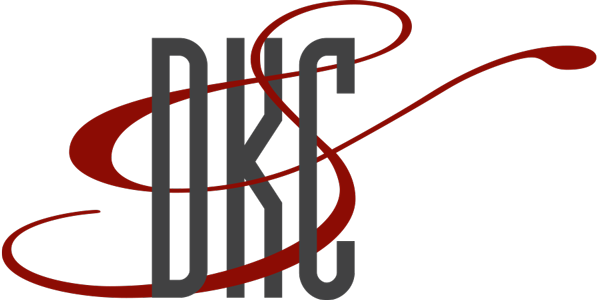Highlights of Obama’s tax plans in final budget proposed
As a lame duck Democratic president working with a Republican congress, the following proposals are not likely to pass. However, here is what Obama proposed in his final budget.
President Obama called for several revenue raising tax law changes:
Increasing the long-term capital gain tax rate to 24.2%, essentially targeting those already subject to the 3.8% net investment income tax for a combined tax rate of 28% on capital gains.
Reinstating the 2009 estate and gift tax rate and exclusions of a top tax rate of 45% and an exclusion of $3.5 million for estates and $1 million for gifts (Currently 40% and $5.45 million and $1 million respectively)
Adopting the “Buffett Rule”, taxing higher income taxpayers with large deductions and other tax preferences at a minimum rate of 30%
Capping the value of certain tax expenditures, including charitable deductions at 28%
Taxing carried interests at ordinary tax rates rather than capital gains rates, as well as being subject to self-employment tax.
Limiting the gain deferral benefits of a Section 1031 exchange to $1 million per taxpayer per tax year for real estate deals.
Individual changes are focused on middle-class tax relief:
Provide a second-earner tax credit for two-earner families
Child Care incentive reform – repeal dependent care flexible spending accounts but increase child and dependent care credits and provide larger credits for children under 5.
Simplify education benefits to improve college affordability by expanding the American Opportunity Tax Credit.
Extend the exclusion from income for the cancellation of qualified principal residence mortgage debt through 2017
Business provisions:
Repeal the last-in, first-out method of accounting.
Enhance and simplify research incentives beyond changes made already.
Addition of tax incentives for designated Promise Zones.
Additional tax credits for investment in qualified property used in qualifying advance energy manufacturing projects.
Increase the section 179 expensing to $1 million.
Increase and consolidate the deduction for start-up and organizational costs up to $20,000 (with a $120,000 expenditure limit).
Expand simplified accounting through uniform small business threshold at $25 million in average gross receipts for allowing exception to certain accounting rules.


